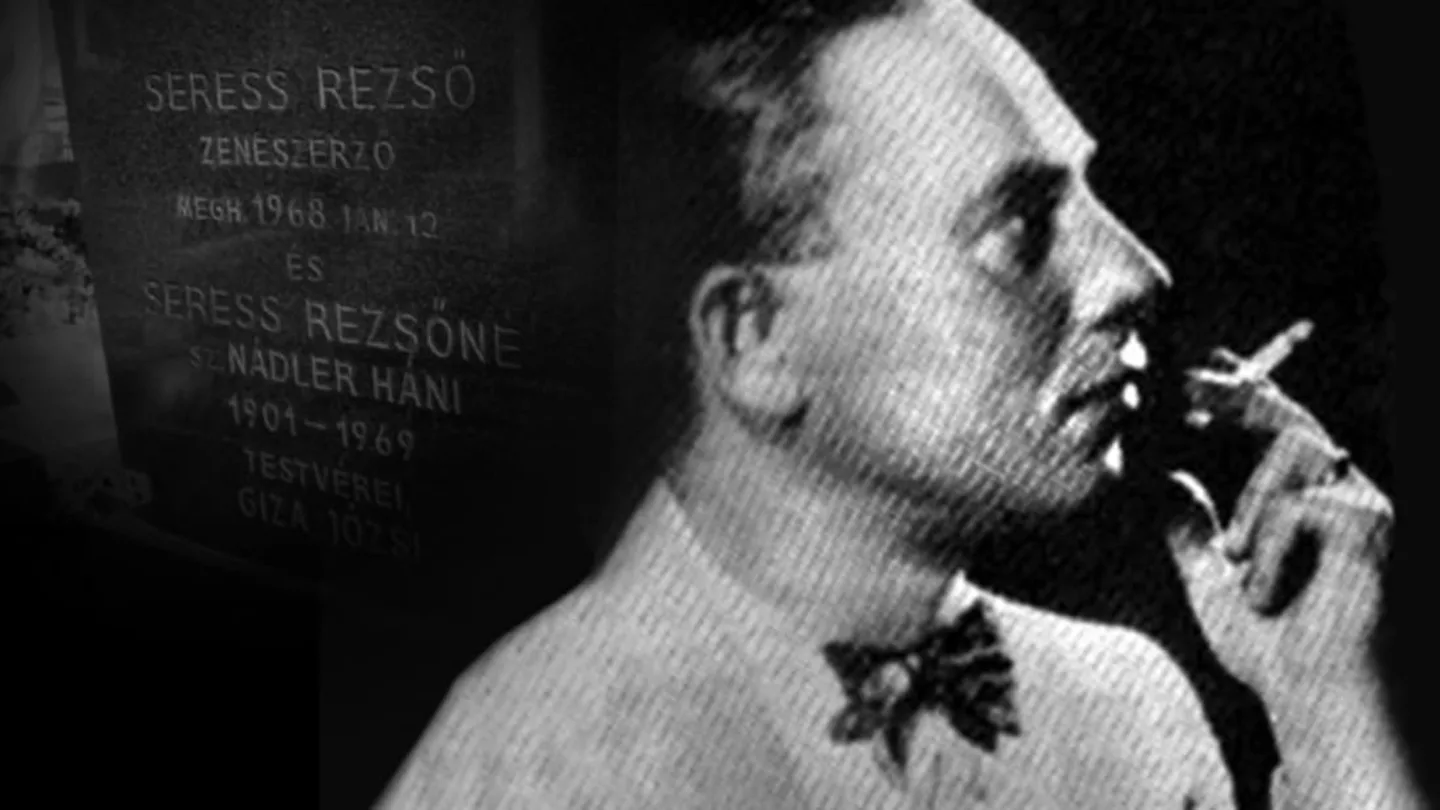Many of us can’t imagine a day without listening to music, it can be our companion in good and bad times. Music can help alleviate boredom or enhance intense moments, like working out. It is the only thing that can align with our emotions and relieve stress. However, it’s hard to believe that a certain song could cause people to die repeatedly. But, history tells us that it’s possible.

“Gloomy Sunday,” also known as the “Hungarian Suicide Song,” has been linked to hundreds of deaths and has a mysterious history. Even the song’s composer died under unusual circumstances. The song has become infamous for its association with suicide.
Gloomy Sunday Lyrics
Before discussing further, let’s first examine the background of the song.
Sunday is gloomy
My hours are slumberless
Dearest the shadows
I live with are numberless
Little white flowers
Will never awaken you
Not where the black coach
Of sorrow has taken you
Angels have no thoughts
Of ever returning you
Would they be angry
If I thought of joining you
Gloomy Sunday
Gloomy is Sunday
With shadows, I spend it all
My heart and I
Have decided to end it all
Soon there’ll be candles
And prayers that are said I know
Let them not weep
Let them know that I’m glad to go
Death is no dream
For in death I’m caressin’ you
With the last breath of my soul
I’ll be blessin’ you
Gloomy Sunday
Dreaming, I was only dreaming
I wake and I find you asleep
In the deep of my heart here
Darling, I hope
That my dream never haunted you
My heart is tellin’ you
How much I wanted you
Gloomy Sunday
Background Of The Gloomy Sunday Song
“Gloomy Sunday” was written by Rezso Seress, a Hungarian pianist and composer, in 1932. Some sources say the song was written in Paris, while others say Budapest. At the time, Seress, who was 34 years old, was struggling for success. The song was first written as a poem before being set to music on a C-minor piano melody.

Despite Rezso Seress being credited as the author of “Gloomy Sunday,” there are conflicting stories about who wrote the song. Some believe that Seress’s friend Laszlo Javor wrote the poem as a form of consolation after Seress became bankrupt from litigations. Others claim that Seress was the sole writer and composer of the song. The true story behind the song’s creation remains unclear.
According to another theory, Seress wrote “Gloomy Sunday” after his lover left him and he became deeply depressed. Others suggest that the song reflects the post-World War II era and the fear that it would never end. The song was written during a time of extreme economic downturn and fascism in Hungary, as well as the persecution of Jews by the Nazis. It is believed that Seress poured his deep pain and sadness into the lyrics, which touched the heart of songwriter Laszlo Javor.
The Curse Of The Gloomy Sunday
There are several legends surrounding the Hungarian song “Gloomy Sunday.” It is said that a woman committed suicide after listening to the song, and that it was found as a suicide note in the pocket of a businessman. Additionally, two teenage girls were rumored to have jumped off a bridge to their deaths while singing the song. The song is often referred to as “cursed” due to these tragic stories.
There is a legend that Javor’s lover, a woman, also committed suicide while listening to “Gloomy Sunday” and that her suicide note only contained the words “Gloomy Sunday”. This is said to have led Javor to understand the pain and meaning of the song, and to have motivated him and Seress to collaborate with singer Pal Kalmer to create a final version of the song in 1935. The song is said to express the singer’s wish to die and be reunited with his lover after her death, never to be separated again, in the words, “after his lover’s death, the singer is asking his lover to join his own funeral. He wants to die so that their souls can come together to never separate again.”
The most widely recognized version of “Gloomy Sunday” was originally recorded by Billy Holiday in 1941.

In 1936, the English version of “Gloomy Sunday” was first recorded by Hal Kemp, with lyrics translated by Sam M. Lewis. This version of the song directly encourages suicide. As news of multiple strange deaths linked to the song spread, it earned the nickname “Hungarian Suicide Song.” The song’s infamy grew as people became shocked by the apparent connection between the song and these deaths.
In the 1930s, reports indicate that over 19 people in America and Hungary committed suicide while listening to “Gloomy Sunday” with some sources claiming the number to be as high as 200. The police reportedly found suicide notes containing lyrics from the song in the pockets of all the victims
Some people believe that listening to “Gloomy Sunday” repeatedly can lead to a sense of hopelessness and an inclination towards suicide. There have even been reports of people shooting themselves while listening to the song. Given these tragic events, many consider the song to be cursed.
Due to the increasing trend of suicide linked to the song, “Gloomy Sunday” was banned in Hungary. However, Hungary has one of the highest suicide rates in the world, with around 46 suicides per year. Despite the ban, the English version of the song, as sung by Bill Holiday, continued to be played on the radio.
In the 1940s, the BBC radio channel decided to only play an instrumental version of the song, as they believed that even if it did not directly incite suicide, it could inspire people to go to war. This led to the removal of Billy Holiday’s version of “Gloomy Sunday” from all broadcasts. The ban was lifted in 2002 after more than six decades
While it is unclear whether the song was directly responsible, 35 years after the composition of “Gloomy Sunday,” Rezso Seress, the song’s writer, committed suicide by jumping from the roof of his four-story apartment in 1968. The reason why so many people were lured to their deaths by the song remains a mystery, leaving behind many eerie questions that have yet to be properly answered.
Gloomy Sunday In Modern Cultures
However, the fascination with the cursed “Gloomy Sunday” song continues, with multiple artists such as Elvis Costello, Heather Nova, Ginman Eivor, Sarah McLachlan, and others recording new versions of the song in recent times
In 1999, director Rolf Schübel made a film based on the “Gloomy Sunday” song, depicting the Nazi persecution of Jews, a love triangle with tragic consequences and blending historical fact with fiction.
Final Words
Enjoy music, books, and movies, but never consider suicide as a solution. It’s a cowardly act that won’t solve your problems. Remember that what seems hard today may be easy tomorrow. Just be patient and wait for a better tomorrow.



